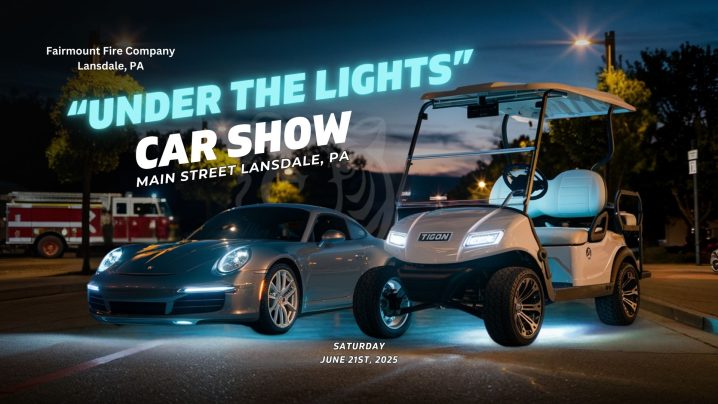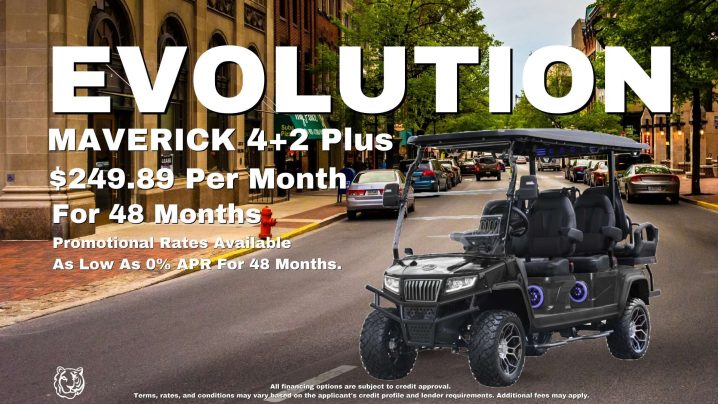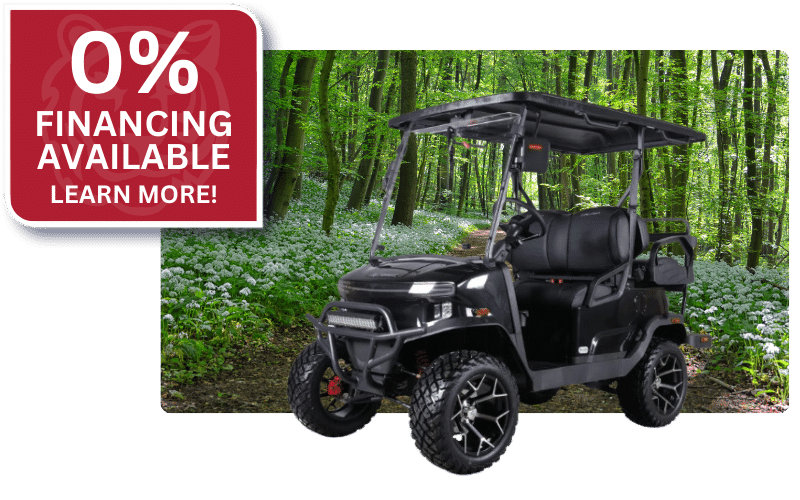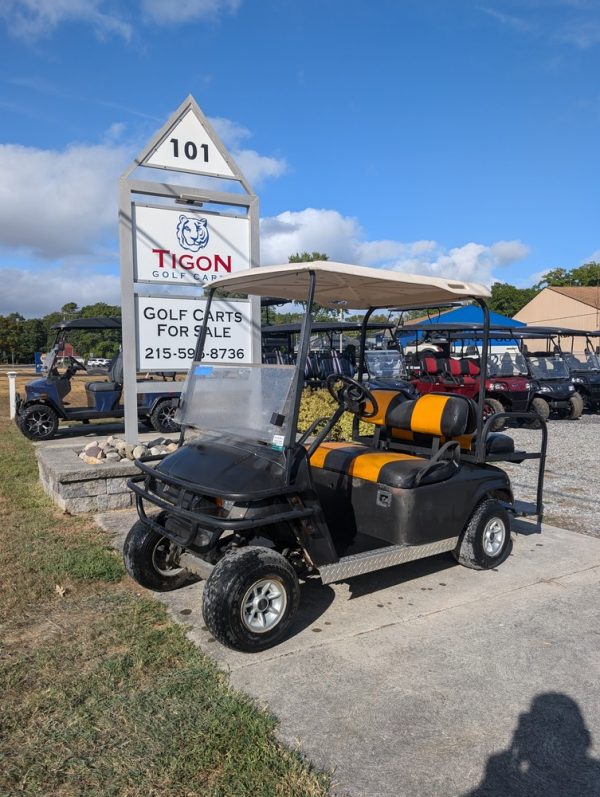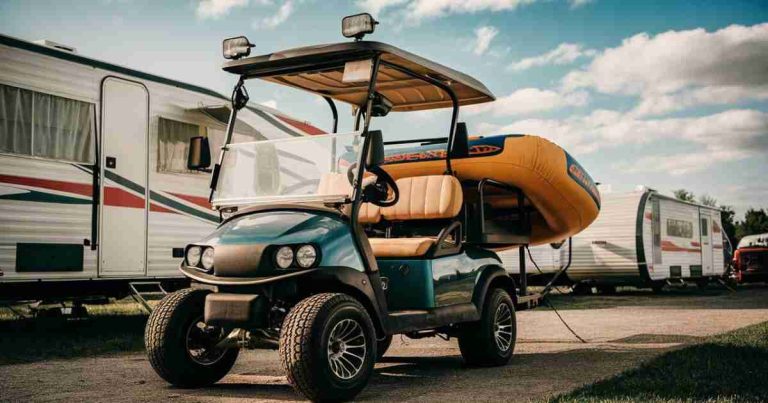
Golf Cart Requirements and Street-Legal Options
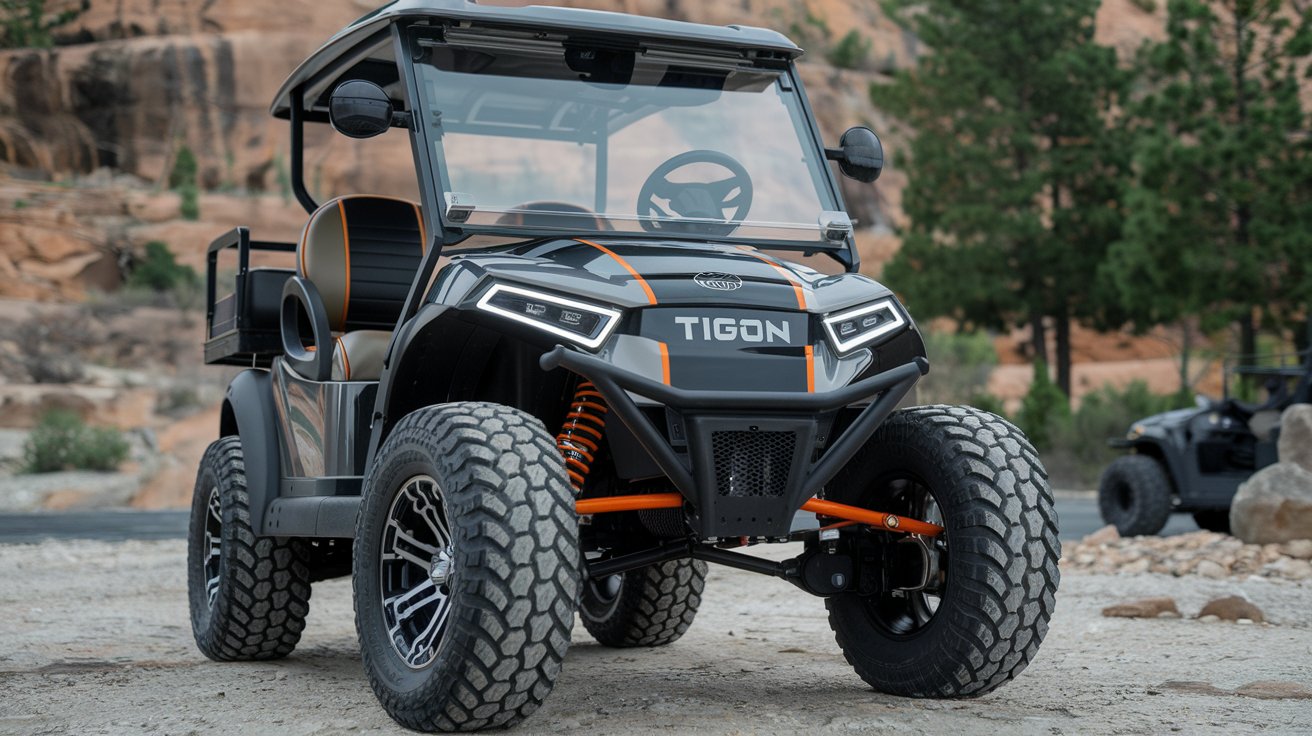
Knowing the Rules: Compliance Requirements and Street-Legal Options
As golf carts transition from golf courses to neighborhoods, resorts, and even urban streets, understanding compliance requirements is crucial. Street-legal golf carts must meet specific federal, state, and local regulations to ensure safety and functionality. This guide outlines the key compliance requirements and options for making your golf cart street-legal.
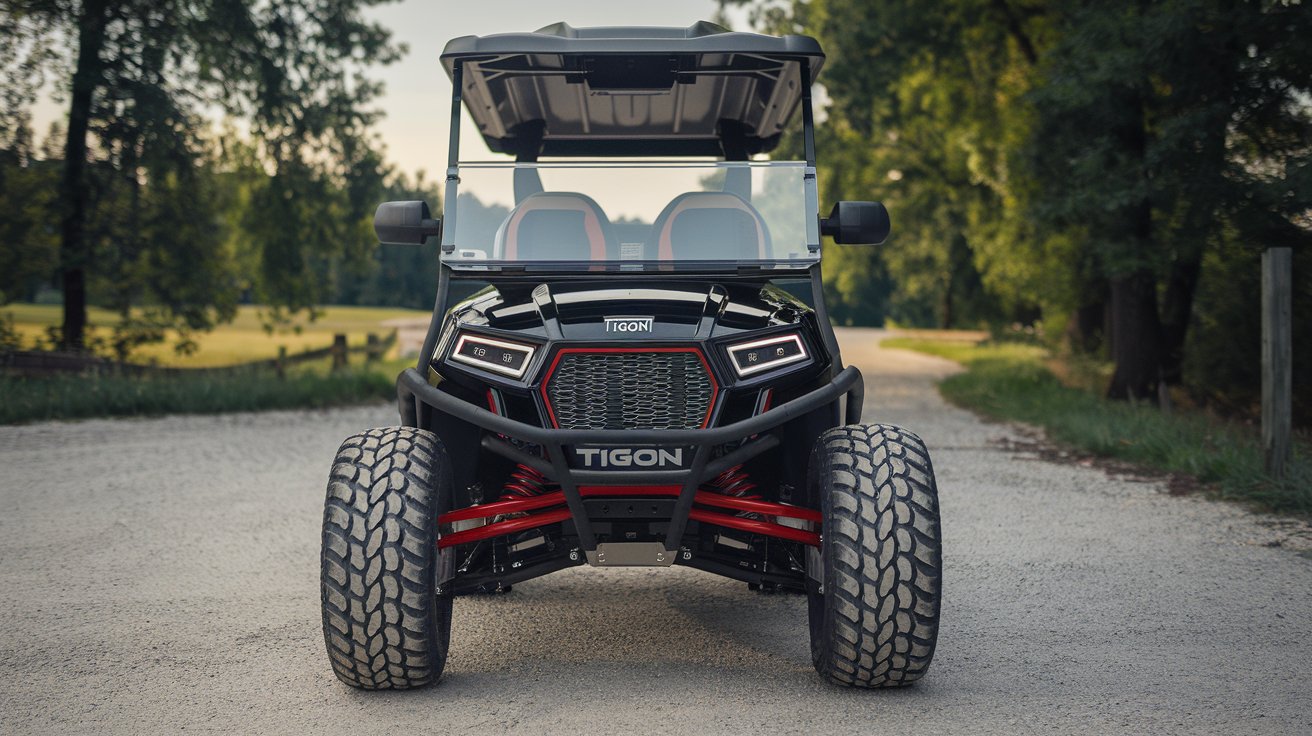
1. What Does “Street-Legal” Mean?
A street-legal golf cart is equipped with the necessary features and modifications to comply with local traffic laws, allowing it to operate on public roads. These carts are typically classified as Low-Speed Vehicles (LSVs) under federal law.
- LSV Definition: Maximum speed of 20-25 mph and permitted on roads with speed limits up to 35 mph (varies by state).
Without proper compliance, operating a non-street-legal cart on public roads can result in fines or legal issues.
2. Federal Requirements for Street-Legal Golf Carts
The U.S. Department of Transportation (DOT) mandates several features for street-legal golf carts, including:
- Headlights and Taillights: For visibility in low-light conditions.
- Turn Signals and Brake Lights: To communicate driving intentions.
- Side Mirrors and Rearview Mirror: To improve awareness of surrounding traffic.
- Horn: For alerting other road users.
- Windshield: Made of DOT-approved shatter-resistant material.
- Seat Belts: For driver and passenger safety.
- Reflectors: For increased visibility.
- Parking Brake: To secure the cart when parked.
- Vehicle Identification Number (VIN): For registration with the DMV.
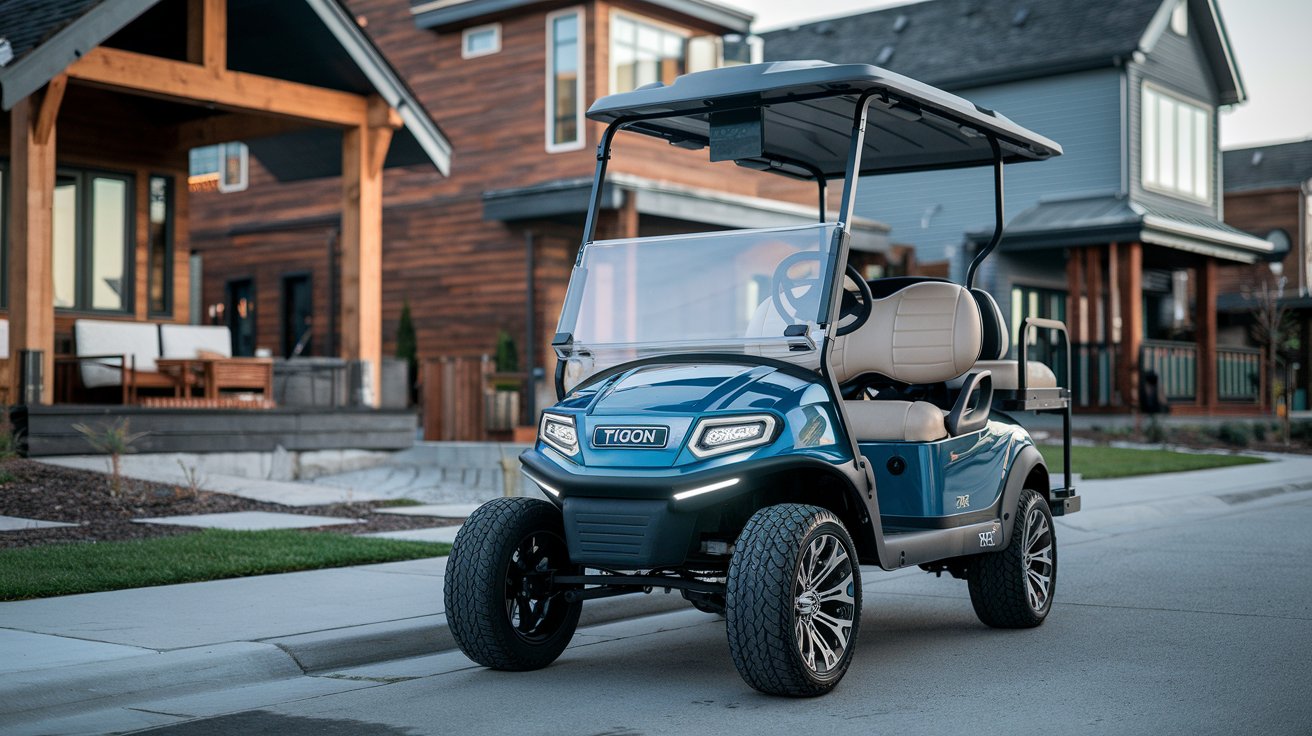
3. State and Local Compliance
State Variations: Regulations differ by state and may include speedometers, insurance, and registration.
Local Rules: Cities and municipalities may impose additional restrictions, such as prohibiting carts on certain streets or requiring specific safety equipment. Check local ordinances before operating your cart.
4. Insurance and Licensing
Many states require liability insurance for street-legal golf carts. Optional coverage can include collision, theft, and comprehensive policies. Drivers are typically required to hold a valid driver’s license, and some areas enforce minimum age limits for operation on public roads.

5. Converting a Standard Golf Cart to Street-Legal
If you own a non-street-legal cart, you can modify it to meet compliance requirements. Steps include:
- Install Safety Features: Add headlights, taillights, mirrors, seat belts, and other required equipment.
- Speed Limiter Adjustment: Modify the motor to achieve speeds of 20-25 mph.
- Obtain a VIN: Register your cart with the DMV to receive a Vehicle Identification Number.
- Inspection and Registration: Submit the cart for inspection to ensure compliance, then register it for road use.
6. Popular Street-Legal Golf Cart Models
Some manufacturers offer golf carts pre-equipped for street use, saving time and effort. Popular models include:
- Club Car Villager: Durable and highly customizable.
- E-Z-GO Express L6: Spacious with built-in safety features.
- Yamaha Drive2: Combines sleek design with advanced safety technology.
- EVolution Forester 4 plus: Durable and built-in safety features.
- Swift EV Mach 4: Safety designs built-in and highly customizable.
- Denago EV Nomad XL: Built-in advanced safety technology.
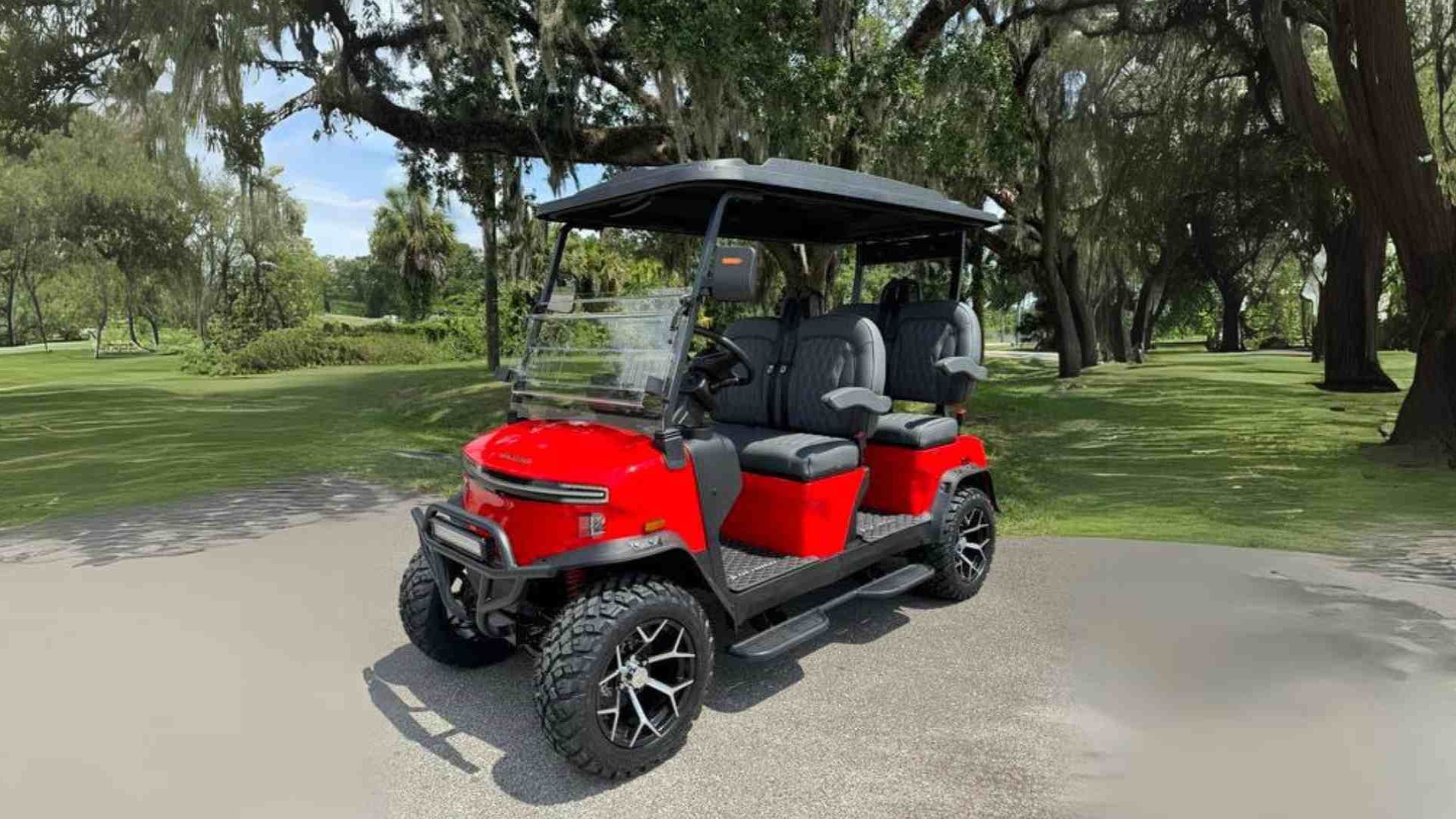
7. Benefits of a Street-Legal Golf Cart
- Eco-Friendly Transportation: Ideal for short commutes and errands.
- Cost-Effective: Lower operating costs compared to cars.
- Flexibility: Convenient for areas with limited parking or pedestrian-friendly zones.
- Safety: Enhanced features provide peace of mind for drivers and passengers.
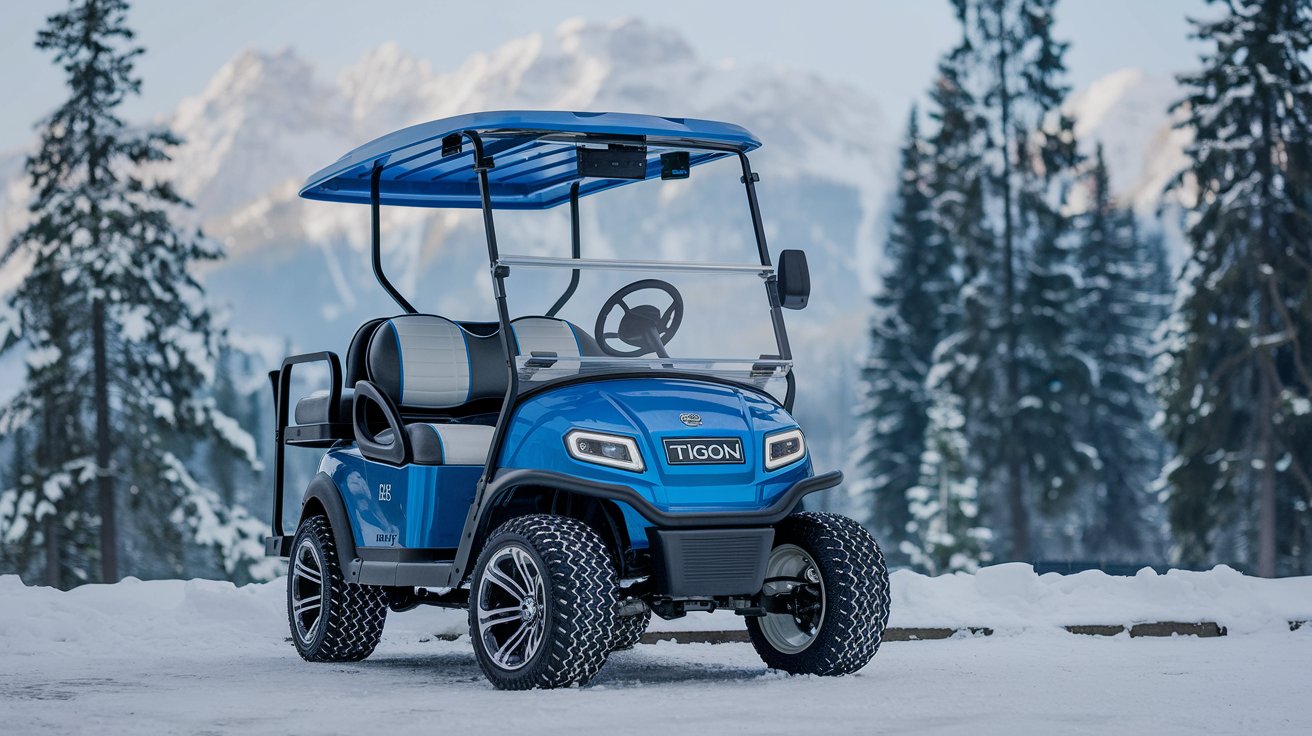
8. Common Challenges and Solutions
Challenge: Navigating differing local, state, and federal requirements.
Solution: Research area-specific laws or consult with your local DMV.
Challenge: Costs of conversion or purchasing a street-legal model.
Solution: Compare the cost of upgrading a standard cart versus buying a pre-equipped model.
Challenge: Limited speed and range for LSVs.
Solution: Plan routes that accommodate your cart’s capabilities and perform regular maintenance.

Street-legal golf carts offer an eco-friendly, cost-effective way to navigate public roads, but ensuring compliance with federal, state, and local regulations is essential. Whether upgrading a standard cart or purchasing a ready-made street-legal model, understanding the requirements saves time, money, and potential legal issues.
Make your golf cart street-legal today and enjoy the freedom of driving safely and confidently on public roads!
TIGON GOLF CARTS

FINDING THE RIGHT GOLF CART MODELS AT THE RIGHT PRICE!
Tigon Golf Carts proudly offers DENAGO EV® 0% vehicle financing, making it easier than ever to own your dream golf cart. With flexible payment options and competitive rates, we ensure that upgrading to an DENAGO® is not only exciting but also financially feasible for our customers, allowing you to hit the road in style without breaking the bank.

CONNECT WITH US
- MONDAY - FRIDAY:
- 9:00AM - 5:00PM
- SATURDAY:
- 9:00AM - 5:00PM
- SUNDAY: Closed
- Hatfield, PA
- Pocono Pines, PA
- Ocean View, NJ
TIGON GOLF CART NEWSLETTER
Join 40,000+ Subscribers and get a new discount coupon on every Saturday.




